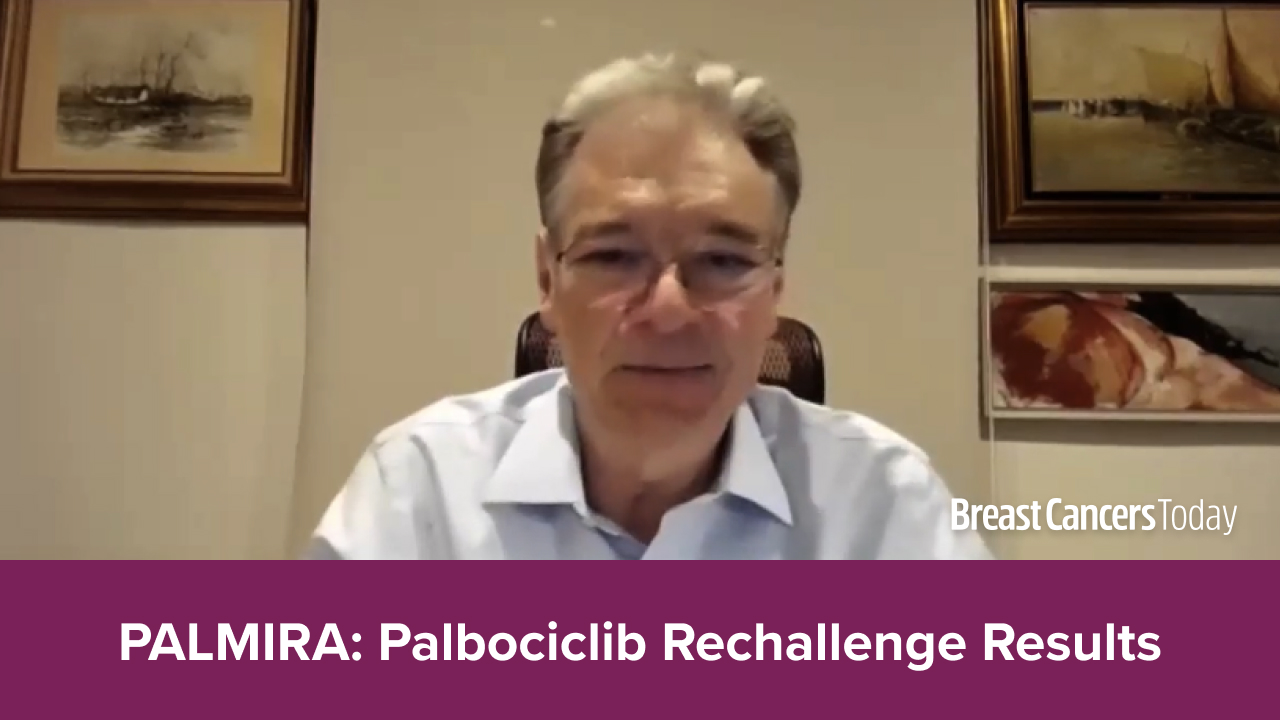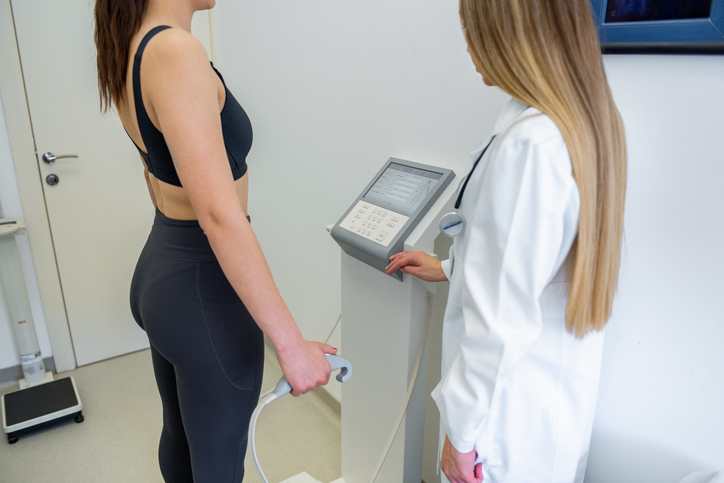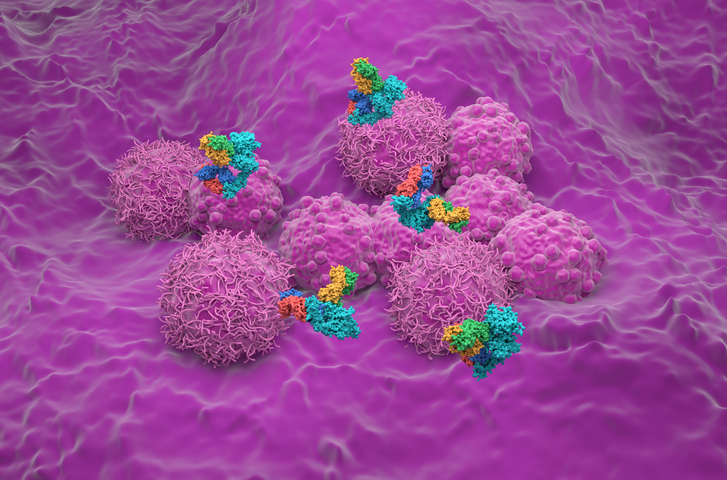
According to a press release from The North American Menopause Society, experts estimate that one in three breast cancer cases could be prevented by lifestyle modifications. The recommendations are being presented during The North American Menopause Society (NAMS) Annual Meeting in Chicago.
The World Cancer Research Fund and the American Institute for Cancer Research updated their breast cancer prevention recommendations in 2018, and their guidelines were categorized by menopause status. Those recommendations included lifestyle modifiable elements of mitigating breast cancer risk with respect to exercise, diet, alcohol, and breast feeding. The updated collective recommendations were based on several proven facts, and are as follows:
- For postmenopausal women there is a 1.5 to 2.0 times increased risk of breast cancer if a woman is obese.
- Body fatness is suggested to increase cancer risk as a result of hyperinsulinemia, increased estradiol, and inflammation.
- The Centers for Disease Control estimate that physical activity alone could prevent one in eight breast cancer cases.
- Alcohol is a carcinogen attributable to 6.4% of breast cancer cases.
- Any amount of alcohol increases the risk of breast cancer and the more a woman drinks, the higher her risk of breast cancer.
- The Cancer Update Project from 2017 observed a significant inverse relationship between non-starch vegetable consumption and a lower risk of breast cancer.
“Given the magnitude of breast cancer occurrence and the accumulated evidence supporting prevention as the most cost-effective, long-term strategy for reducing breast cancer risk, lifestyle education centered on the American Institute for Cancer Research cancer prevention recommendations should be a core component of routine patient visits,” said Dr. Juliana Kling from the Mayo Clinic in Arizona in the press release.
Simple lifestyle modifications key to preventing large percentage of breast cancer cases – SCIENMAG https://t.co/WnASxpZnwE
— Dr Anthony Martin (@AMAinsight) September 24, 2019
Dr. King also said that: “Given the magnitude of breast cancer occurrence and the accumulated evidence supporting prevention as the most cost-effective, long-term strategy for reducing breast cancer risk, lifestyle education centered on the American Institute for Cancer Research cancer prevention recommendations should be a core component of routine patient visits.”
Simple lifestyle modifications key to preventing large percentage of breast cancer cases https://t.co/JFfXRDGdLG via @instapaper
— James Igoe (@JamesJosephIgoe) September 24, 2019
Simple lifestyle modifications key to preventing large percentage of breast cancer cases https://t.co/aooG253lpE
— Barbara Hannah Grufferman (@BGrufferman) September 25, 2019







 © 2025 Mashup Media, LLC, a Formedics Property. All Rights Reserved.
© 2025 Mashup Media, LLC, a Formedics Property. All Rights Reserved.